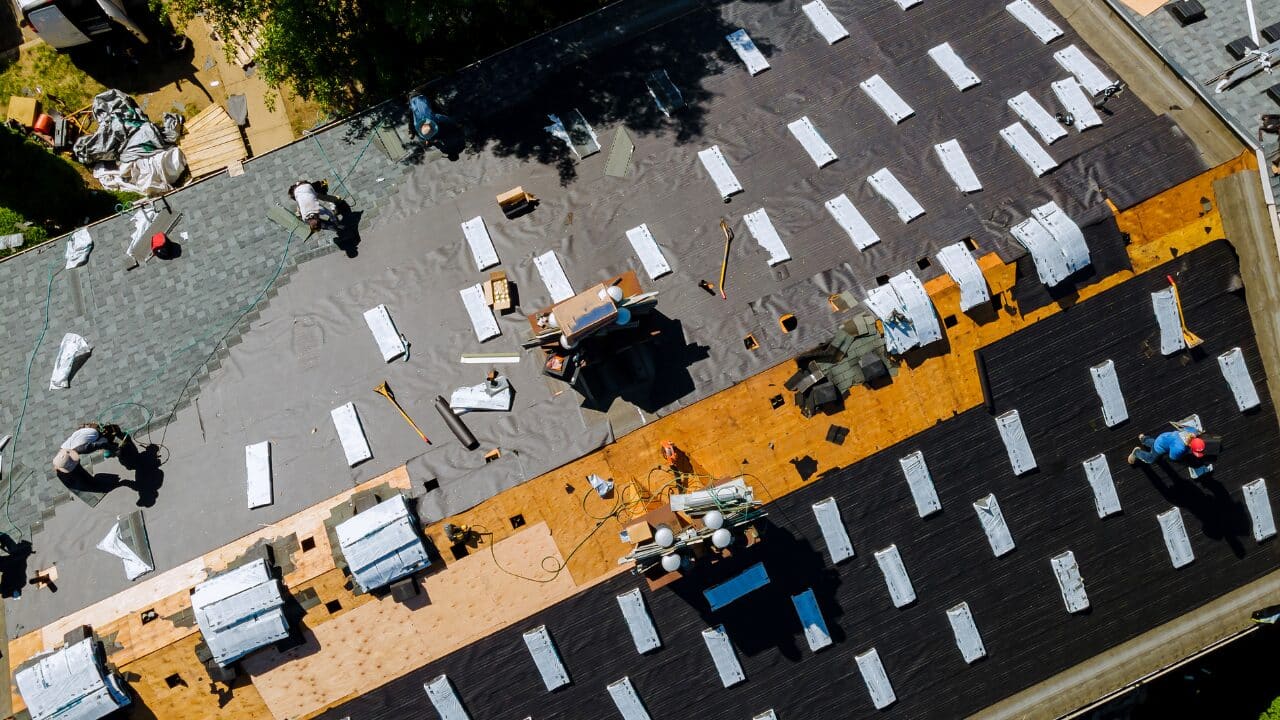Roofing is an essential aspect of construction, so hiring roofers with a suitable skill set is crucial for a project’s safe and sustainable completion. For those aspiring to learn the relevant skills, enrolling in a roofing school is a stepping stone to gaining the necessary knowledge and skills for the job. In this article, we’ll delve deeper into roofing schools’ critical aspects and what they offer for individuals looking to work in the construction industry.
Table of Contents
Curriculum and Training
Most roofing schools have a diverse curriculum encompassing various aspects of construction beyond roofing. Generally, students are taught about different roofing materials, installation methods, safety protocols, and relevant regulations from the basic to the advanced level. Considering that you’ll become a professional after this, the curriculum includes estimating, project management, and customer communication courses.
Roofing schools also involve extensive hands-on training, letting students work with actual roofing materials, tools, and equipment. You get to develop muscle memory for certain routine tasks, troubleshoot real-world challenges, and hone the precision required for quality roofing work. That allows you to develop the necessary skills and confidence to go out in the real world and prove yourself on complex jobs.
Safety and Relevant Certifications
Safety is critical for the roofing and construction industry, and roofing schools teach you the latest and most advanced safety practices. They’ll enable you to identify potential hazards and use safety equipment. Alongside this, they’ll ensure you get the right safety training certifications. That way, you’ll understand the importance of safety before you enter the job market and instinctively implement it in your professional lives.
The training given by roofing schools also aligns with industry certifications, validating the skills of roofing school graduates and enhancing their likelihood of getting a job right out of school. Certificates like those by the National Roofing Contractors Association (NRCA) are also available, so students don’t have to work to get those after graduation. That establishes the credibility of the schools and their students alike and simultaneously validates your roofing professional skills.
Networking and Job Placement Opportunities
Roofing schools also connect students to professionals in the construction industry before they graduate. You can network with professionals via guest lectures, industry events, or internships, opening doors for jobs and future collaborations.
These schools also help place their students into different positions to make the transitions from education to employment more seamless. They can support several aspects of the job application process, such as resume building, interview preparation, and connecting graduates with potential employers.
Soft Skill Development
Effective communication, problem-solving, and teamwork are vital when you’re trying to land a job or making your way up to the top in a construction firm. Unlike traditional construction roofing training courses that solely focus on the technical aspects of the roofing process, proper roofing schools adopt a comprehensive approach and incorporate soft skills in their curricula to prepare learners for the construction industry.
Endnote
Enrolling in a roofing school is a strategic investment to develop your roofing skills well before you start your career. While the idea is still new, it’s becoming popular due to its robust curriculum, hands-on training, and the prospect of industry connections.
These schools leave students with the technical and non-technical skills they would need to acclimate to the dynamic environment of the roofing and construction industry. If you’re passionate about construction and want to master your roofing skills to specialize further, this training might be the way to go.





